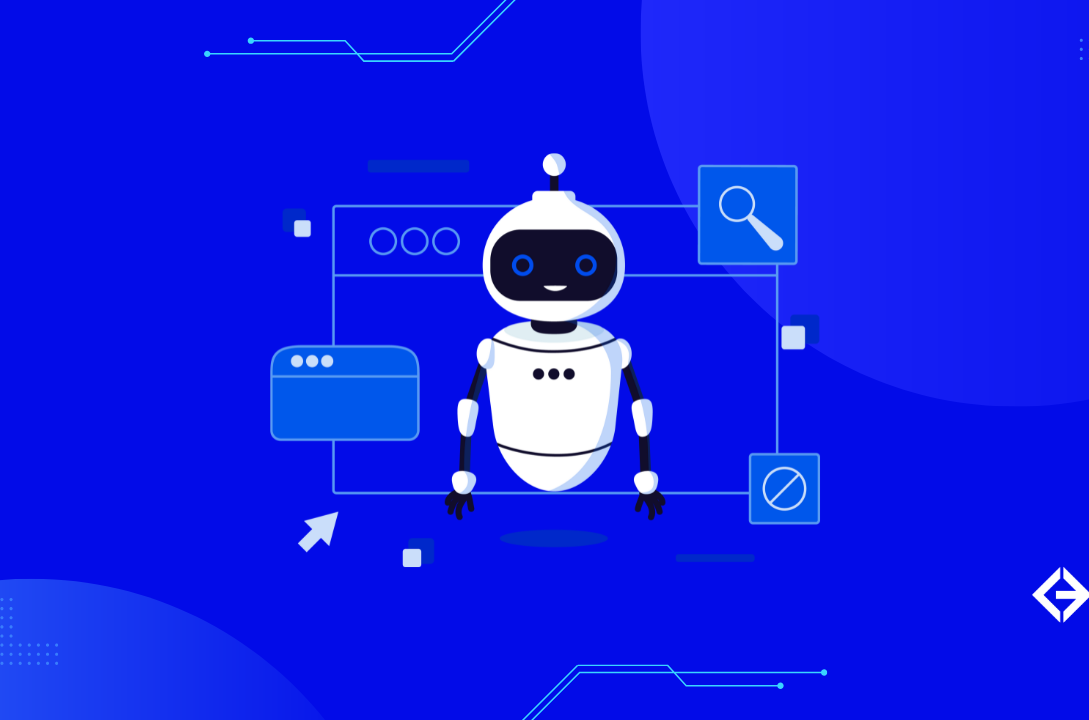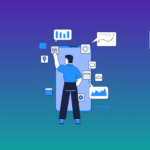Modern businesses face increasing demands for efficiency, customer engagement, and cost reduction. With customer expectations at an all-time high, companies must provide instant support, personalized experiences, and seamless interactions across multiple channels like chatbots.
Failing to meet these expectations can lead to lost sales, frustrated customers, and declining brand loyalty. Traditional customer service teams struggle with high inquiry volumes, long response times, and operational inefficiencies, making it difficult for businesses to scale effectively.
Enter chatbots—AI-powered virtual assistants that revolutionize business operations. By implementing chatbots, businesses can streamline workflows, enhance customer service, boost sales, and gain valuable data-driven insights. Let’s explore the many ways businesses can benefit from chatbots and why they are becoming essential in today’s digital landscape.
Enhancing Customer Service with Chatbots
One of the most significant advantages of chatbots is their ability to improve customer service. Businesses that deploy AI chatbots can offer 24/7 support, ensuring that customers receive instant responses, regardless of time zones or business hours.
Instant Response & Reduced Wait Times
Unlike human agents who may take minutes or hours to respond, chatbots handle multiple inquiries simultaneously, reducing customer wait times. According to a report by HubSpot, 69% of consumers prefer chatbots for quick communication.
Consistent and Accurate Information
Chatbots eliminate human errors by providing standardized responses to common customer queries, ensuring that customers receive accurate information every time.
Handling High Inquiry Volumes
For businesses experiencing high customer engagement, such as e-commerce or travel, chatbots efficiently manage thousands of inquiries, freeing human agents to handle more complex issues.
Cost Savings and Operational Efficiency
Lowering Labor Costs
Chatbots significantly reduce labor expenses by automating repetitive tasks. A study by Juniper Research found that chatbots can help businesses save over $8 billion annually in customer service costs by 2025.
Reducing Operational Bottlenecks
By automating tasks such as FAQs, appointment scheduling, and order tracking, businesses can operate more efficiently without hiring additional staff.
Improving Internal Workflows
Internal chatbots assist employees by handling HR inquiries, onboarding processes, and IT support, ensuring smooth internal operations.
Personalization and Customer Engagement
Tailored Recommendations Using AI
Chatbots analyze customer behavior and purchase history to provide personalized product recommendations, similar to how Amazon and Netflix suggest content.
Proactive Customer Interactions
Instead of waiting for customers to initiate contact, chatbots proactively send messages about discounts, order updates, and abandoned cart reminders, improving engagement and conversions.
Building Stronger Customer Relationships
Personalized interactions create a sense of connection with brands, increasing customer loyalty and repeat purchases.
Lead Generation and Sales Growth
Qualifying Leads Automatically
Chatbots engage website visitors by asking relevant questions, segmenting potential leads, and directing them to appropriate sales representatives.
Guiding Users Through the Sales Funnel
With conversational AI, chatbots can nurture leads by providing information on pricing, features, and comparisons, leading to higher conversion rates.
Upselling and Cross-Selling
Chatbots recommend additional products and services based on user behavior, boosting average order value (AOV).
Multilingual Support and Global Reach
Expanding to global markets requires addressing language barriers. AI-powered chatbots provide real-time multilingual support, allowing businesses to cater to international customers without hiring translators.
Enhancing Accessibility
By offering customer support in multiple languages, businesses improve inclusivity and enhance the overall user experience.
Breaking Language Barriers
A study by CSA Research found that 76% of consumers prefer purchasing from websites in their native language, making multilingual chatbots a competitive advantage.
Data Collection and Business Insights
Gathering Customer Data for Personalization
Chatbots collect and analyze customer interactions, providing insights into preferences, pain points, and behavioral trends.
Improving Decision-Making
Businesses use chatbot-generated data to refine marketing strategies, optimize product offerings, and enhance customer experiences.
Enhancing AI Learning
Machine learning enables chatbots to improve over time by analyzing past interactions and providing more relevant responses.
Scalability and Flexibility
Handling High Interaction Volumes
Unlike human agents, chatbots scale effortlessly during peak times, such as holiday sales or major product launches.
Adapting to Business Needs
Chatbots integrate with CRM systems, email marketing tools, and payment gateways, ensuring seamless business operations.
Industry-Specific Chatbot Applications
Retail & E-Commerce
- Product recommendations
- Order tracking
- Cart abandonment reminders
Healthcare
- Appointment scheduling
- Medication reminders
- Patient FAQs
Finance
- Account balance inquiries
- Fraud detection alerts
- Loan eligibility assessments
Hospitality
- Booking confirmations
- Personalized travel recommendations
- Concierge services
Addressing Common Concerns and Limitations
Ensuring Data Privacy and Security
Businesses must implement strong encryption and compliance measures to protect customer data.
Maintaining a Human Touch
Hybrid models combine chatbot automation with human intervention for complex queries.
Overcoming Implementation Challenges
Choosing the right chatbot platform and continuous training are crucial for successful deployment.
FAQs
How do chatbots improve customer service?
Chatbots provide instant, 24/7 support, reducing wait times and enhancing customer satisfaction.
Can chatbots help in reducing business costs?
Yes, chatbots lower labor costs, streamline workflows, and increase efficiency, saving businesses millions annually.
What industries benefit the most from chatbots?
E-commerce, finance, healthcare, and hospitality sectors benefit significantly from chatbot automation.
Are chatbots capable of handling complex queries?
AI-powered chatbots, when integrated with machine learning and NLP, can handle sophisticated conversations.
How do chatbots contribute to lead generation?
Chatbots engage visitors, qualify leads, and guide them through the sales funnel, increasing conversions.
The Future of Chatbots in Business
The adoption of chatbots is transforming the way businesses interact with customers. From improving customer service and engagement to increasing sales and efficiency, chatbots provide unparalleled advantages. As AI technology continues to evolve, chatbots will become even more intuitive, personalized, and indispensable to businesses of all sizes.
Businesses that embrace chatbot technology will stay ahead of the competition, enhance customer experiences, and achieve long-term success. Now is the perfect time to implement chatbots and revolutionize the way your business operates!











